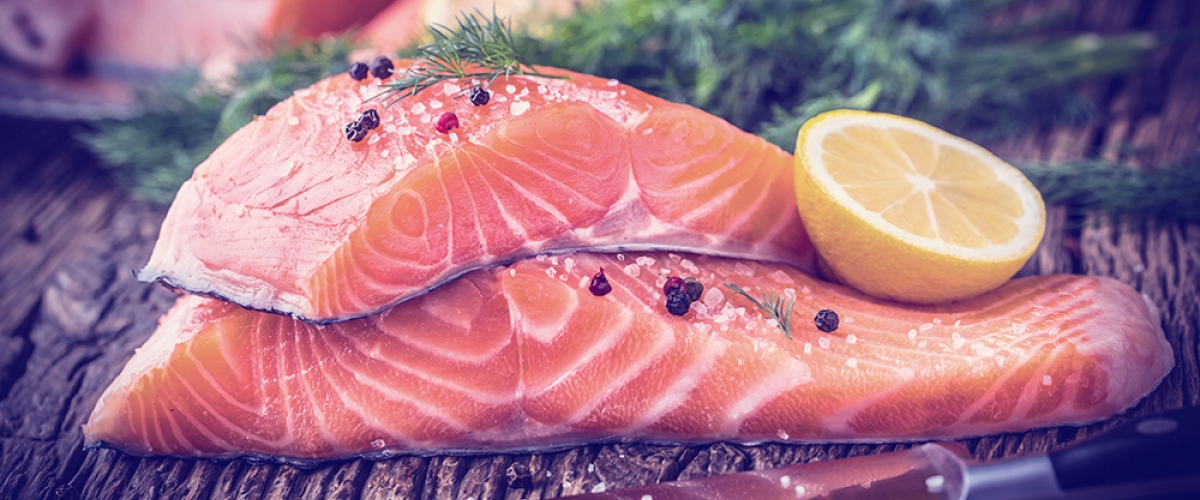In the second episode of this 3 part series, Dr Mark Donohoe and Andrew continue the discussion of evolutionary medicine, discussing how genetics and way of life that used to keep us alive are now hurting us.
In the age of nutrigenomics, further evidence is coming to light that suggests a greater need for omega-3 supplementation in individuals with certain single nucleotide polymorphisms (SNPs), as revealed in DNA testing.
If all diseases begin in the gut, and every mouthful of food influences our genes, how do we connect the dots between the gut, our diet and genes?
How confident are you with personalising amino acid prescriptions based on a person's unique physiology and health needs? Today we talk to Vanita Dahia, author of "Alchemy of Amino Acids" to learn more about these nutrients.
In this podcast we're joined by culinary genomics expert Amanda Archibald who shares with us what genes can tells us about the foods we choose.
Culinary genomics may be the future of food consumption as science reveals the connections of food-gene relationships, chronic disease and ageing.
Integrative paediatric clinician, Dr Elizabeth Mumper about the core pillars she employs in her own practice when working with children with neurodevelopmental disorders.
Histamine is a chemical compound that is involved in the immune system response. Histamine is often associated with allergies and their associated symptoms such as sneezing, headaches, nasal congestion and breathing difficulties.










